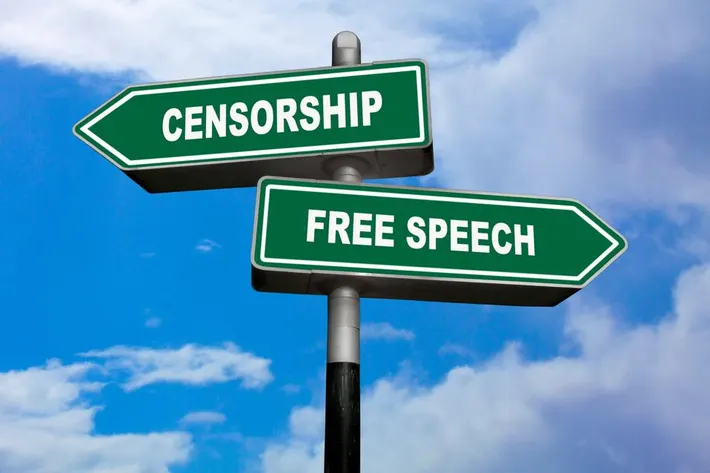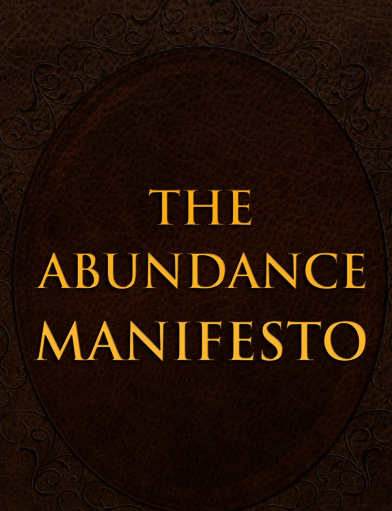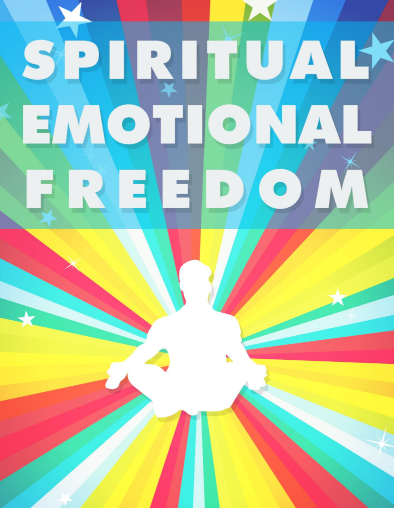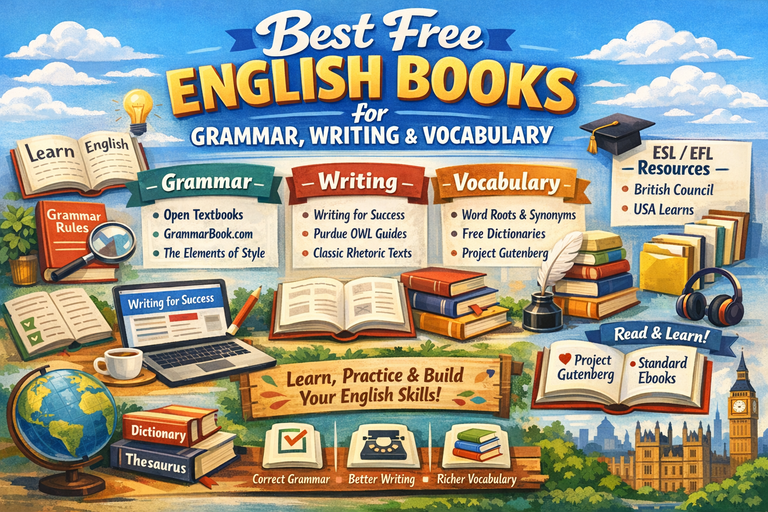Censorship vs. Freedom of Expression: The Controversy Surrounding Banned Books
In the world of literature, there exists a clash of ideals: censorship versus freedom of expression. This debate revolves around the practice of banning certain books, which means preventing people from reading or accessing them. It's a complex issue that touches on themes of morality, culture, and the power of storytelling.
Understanding Censorship
Censorship is the act of controlling or limiting what people can read, see, or hear. It happens for various reasons, often stemming from concerns about content that is considered inappropriate, offensive, or potentially harmful. These concerns can be rooted in religious beliefs, political ideologies, or a desire to protect specific groups, especially children.
The Banned Book Controversy
Banned books are works of literature that have been officially restricted or prohibited from public access. This restriction can occur on a local, national, or even global scale. The reasons behind banning a book can range from objections to explicit content, controversial themes, or differing viewpoints that challenge established norms.
The Freedom of Expression Principle
Freedom of expression is a fundamental human right that allows individuals to express their thoughts, ideas, and beliefs without interference or censorship. It's a cornerstone of democratic societies, providing the space for diverse perspectives and fostering intellectual growth.
The Clash: Balancing Protection and Expression
The clash between censorship and freedom of expression revolves around finding a balance between protecting individuals from potentially harmful content and allowing the open exchange of ideas.
Those in favor of censorship argue that it safeguards societal values, prevents the dissemination of harmful information, and protects vulnerable individuals, particularly children, from exposure to content deemed inappropriate.
On the other hand, advocates for freedom of expression believe that suppressing ideas, even controversial ones, stifles intellectual growth and hinders the progress of society. They argue that people should have the freedom to read and think critically about various perspectives, even if they challenge established beliefs.
Historical and Notable Banned Books
Throughout history, many influential works of literature have faced censorship:
"To Kill a Mockingbird" by Harper Lee: This novel, addressing racial injustice in the American South, has faced challenges due to its frank depiction of racism.
"1984" by George Orwell: This dystopian classic, critiquing totalitarianism, has been banned in some countries for its political themes.
"The Catcher in the Rye" by J.D. Salinger: This novel, exploring the struggles of adolescence, has faced censorship for its language and themes.
"The Diary of Anne Frank" by Anne Frank: Despite its historical significance, this account of a Jewish girl's experiences during the Holocaust has faced bans due to its frank portrayal of sensitive topics.
The Impact of Banned Books
Ironically, attempts to ban books often draw more attention to them, leading to increased interest and readership. Banned books can become symbols of resistance and platforms for important discussions on freedom of expression.
Digital Age and New Frontiers
In the digital age, the landscape of censorship is evolving. Online platforms and social media networks face increasing pressure to regulate content, raising questions about who gets to decide what is acceptable.
The Path Forward: Education and Dialogue
The way forward involves open dialogue and education. Encouraging critical thinking and providing context around controversial works can help individuals make informed decisions about what they choose to read.
The Global Perspective: Variations in Censorship
Censorship policies vary greatly around the world. What is considered acceptable in one country may be strictly regulated or even banned in another. This diversity of perspectives highlights the cultural, political, and religious factors that influence censorship decisions.
For example, books that address LGBTQ+ themes may face challenges in certain regions due to cultural or religious beliefs. Similarly, works critiquing government policies can be banned in countries with strict limitations on dissent.
The Role of Libraries and Advocacy Groups
Libraries play a crucial role in the fight against censorship. They often stand as bastions of free access to information, providing communities with diverse literary selections. Librarians, along with advocacy groups like the American Library Association (ALA), work tirelessly to protect the right to read and ensure that banned books remain accessible.
These groups provide resources, organize events, and advocate for policies that uphold freedom of expression. They also play a key role in raising awareness about the importance of intellectual freedom.
Contemporary Challenges: Online Censorship and Digital Books
In today's digital age, the battle over censorship extends to online platforms and e-books. Social media networks, video-sharing sites, and e-book retailers often grapple with decisions about what content to allow or restrict. This presents new challenges in determining where the line should be drawn between protection and expression in the virtual realm.
Empowering Readers: The Streisand Effect
The attempt to ban a book can sometimes have the opposite effect. Known as the Streisand Effect, it occurs when attempts to suppress information or a book lead to greater publicity and awareness. This phenomenon underscores the power of information and the resilience of freedom of expression.
The Impact on Authors and Creativity
Authors of banned books often face significant challenges. They may encounter censorship not only from official channels but also from publishers who fear controversy. However, many authors see their work as a means of sparking important conversations and challenging prevailing norms.
Continuing the Conversation: Book Challenges and Banned Book Weeks
Book challenges, where individuals or groups attempt to have a book removed from libraries or school curriculums, remain a part of the broader discussion on censorship. Events like Banned Books Week serve as reminders of the ongoing battle to protect intellectual freedom.
Conclusion: Navigating a Complex Landscape
The controversy surrounding banned books is a testament to the power of literature. It highlights the enduring struggle to balance protection and expression in a diverse and evolving society. By fostering open dialogue, respecting differing viewpoints, and promoting critical thinking, we can navigate this complex landscape and continue to uphold the values of both censorship and freedom of expression. Ultimately, it is through these conversations that we grow as individuals and as a society.









